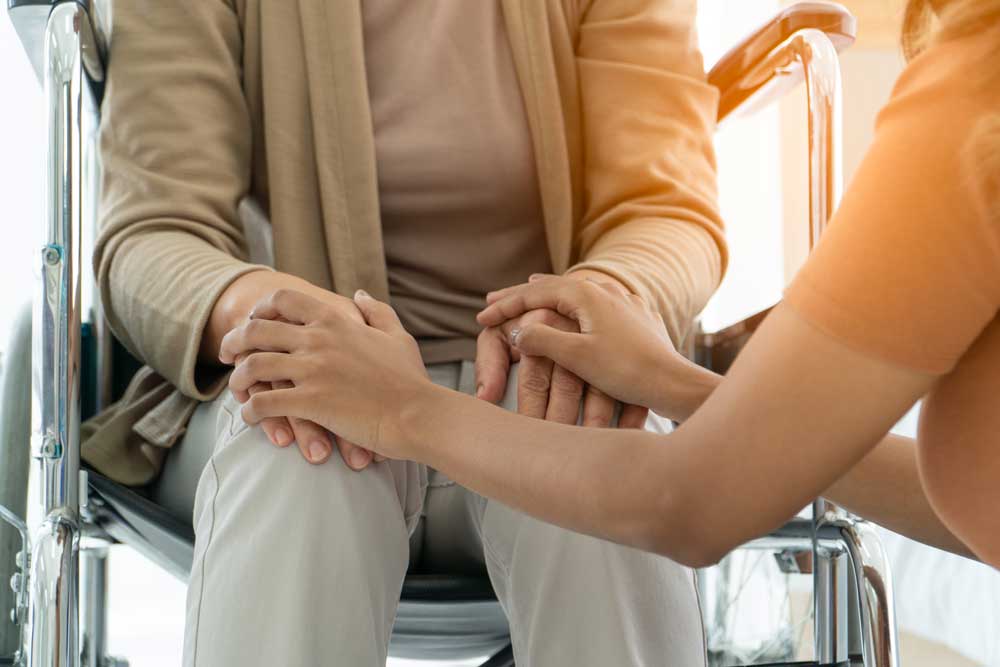In her diary, young Anne Frank wrote, ‘How lovely to think that no one need wait a moment. We can start now, start slowly, changing the world. How lovely that everyone, great and small, can make a contribution toward introducing justice straightaway. And you can always, always give something, even if it is only kindness!’
What does kindness mean exactly? It is the process of offering a benefit to someone without expecting anything in return. Kindness improves the life of another person or community of people in some way, serving as a reminder that we’re all bound together.
This prosocial behaviour towards family, friends, and even strangers doesn’t just benefit them – it also benefits you. It has been proven that being kind is good for one’s mind and body. Acts of kindness boost both physical and mental health. Small acts as well as big acts can make a difference to how you feel.
According to a 2016 study published in Health Psychology, adults who spent money on others versus simply on themselves, had lower blood pressure. No, we’re not kidding! Another study published in 2017 in Psychoneuroendocrinology showed that people who performed acts of kindness showed improvements in gene expression associated with a healthier immune profile.
Says counsellor Geethika Ramaswamy, ‘Why are people kind? Well, underneath all those different facades, human beings are essentially social primates. While self-interest is definitely part of our nature, so is kindness – it comes inherently to us. There are different ways in which we practice kindness to people. Firstly, we’re naturally kind to our family and kin – parents, siblings, children – because we’re genetically wired to love them. Each of us inhabits many different communities, and we are kind to people from these communities – it can be teammates, school friends, a peer group, neighbours, people with shared interests, and so on. Kindness also surfaces when we want to return a favour in some way. If someone has done us a good deed, we’re inclined towards repaying it. It makes us feel good, and we also do it for reasons of enhancement in the eyes of others. And lastly, there are random acts of kindness towards strangers, and these can go a long way in making us feel great.’

The University of British Columbia conducted a study on a group of highly anxious individuals in which they performed at least six acts of kindness a week. After one month, there was a significant increase in positive moods, relationship satisfaction, and a decrease in social avoidance in socially anxious individuals. In addition, it has been found that among people who are 55 years or older, those who volunteer cut their risk of dying by nearly half.
In his book ‘The Five Side Effects of Kindness’, author David Hamilton says that kindness is good for the heart since it generates oxytocin or the ‘love hormone’. This has cardiovascular benefits and helps to lower the body’s blood pressure naturally. Oxytocin releases nitric acid which naturally dilates blood vessels. It also reduces inflammation within the body. Kindness further releases other feel-good hormones like dopamine and serotonin. These are feel-good hormones, enabling feelings of satisfaction and joy. Endorphins, the body’s natural painkiller, is also released when you demonstrate kindness. These are some of the tangible ways in which kindness and health are linked.
Life coach Pratibha Bhaskar says that kindness can increase self-esteem within a person, while also creating empathy and compassion. It increases energy and drive, and acts as a natural anti-depressant. She suggests some ways in which individuals can demonstrate kindness at fundamental levels. ‘Financial support is well and good if you can afford it since there are a lot of deserving causes and people in the world who could benefit from it. Other than financial support, you could show kindness in other ways. Practice the attitude of gratitude and pay it forward. If you’ve had a bit of kindness or good luck, pass it on to someone else. Listen, don’t talk – sometimes people need emotional support, so just be there for them. Send self-care packages to friends who are unwell or going through a low phase. Offer to run errands for someone who is elderly or an invalid. If you think about it, there are a myriad ways to offer kindness and boost your mental and physical wellbeing. Kindness is also contagious. If you’re kind often enough, it motivates other people to be kinder as well.’
While you’re at it, don’t forget to set aside a little kindness towards yourself. Don’t put yourself down, think about your achievements and blessings positively, and be gentle even if things are rough. It helps you make better lifestyle choices as well!